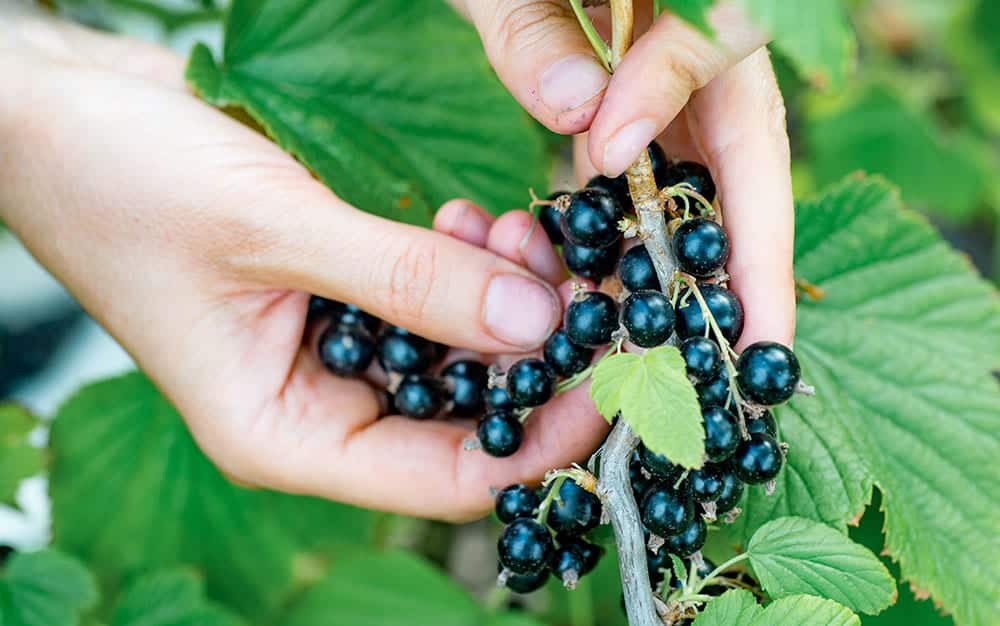When money’s tight – what are the golden rules of foraging?
Forage for your porridge
Foraging for free food has become very popular both at home and in restaurants. People are choosing to source ingredients straight from the outdoors. Also, in these uncertain times finding some of your food can be a lot of fun. But, there are a few golden rules to remember:
Never pick or eat anything you’re not 100% certain is edible without checking first with an expert.
Some UK wild plants and mushrooms are deadly poisonous. So, it’s ideal to join a local group led by a foraging expert who will guide you on what to pick.

Avoid foraging by busy roadsides to avoid possible contamination from car exhausts.
Also, if foraging on and around farmland be mindful that land farmed non-organically might have been sprayed with chemicals not intended to be ingested.
Be responsible & sustainable

Always leave some of the plant being picked to regenerate and for wildlife as you may unknowingly be picking something that’s endangered.
Plus, the Countryside Act makes it an offence to uproot any plant from common land. A good general rule of thumb is to leave at least half of what you find untouched.
In the case of mushrooms, never to pick more than 1.5kg on any one foraging trip.
Another point for mushrooms is that it’s really important not to ‘uproot’ the whole mushroom from under the soil as it won’t grow again. Instead cut the mushroom stalk above ground.
Next, ask owner’s permission first when foraging on private land, National Trust property or nature reserves. If you’re foraging on common land, you’re allowed to take the four F’s for your own personal use: fruit, fungus, foliage and flowers.
There are often local Bylaws regulating what you can and can’t pick. So, always check on Park and Local Authority websites first and any signs that may be displayed in local parks.
Avoid Sites of Special Scientific Interest (SSSI) which are areas of land in the UK listed for a particular reason. For example, they may host a rare butterfly and you might unknowingly do damage to the site by, picking something that might be food for the butterfly or its caterpillars.
Commercial foraging
The only places you can now commercially forage in the UK (i.e. where you’re selling what you find), is on private property.
Many Local Authorities in and around London have imposed total bans on any foraging, private or commercial, with fines of up to £500 even if you’ve only picked one mushroom!


Leave A Comment